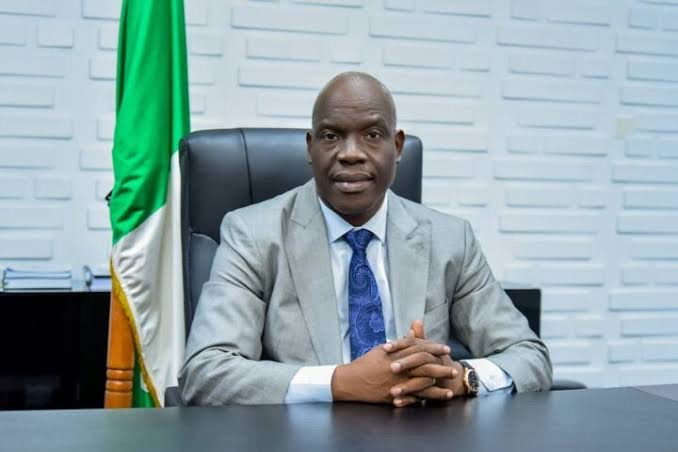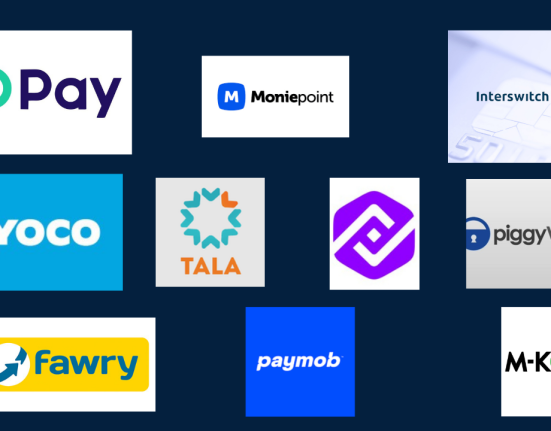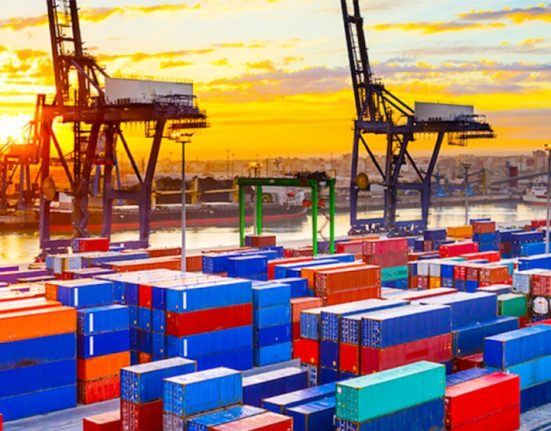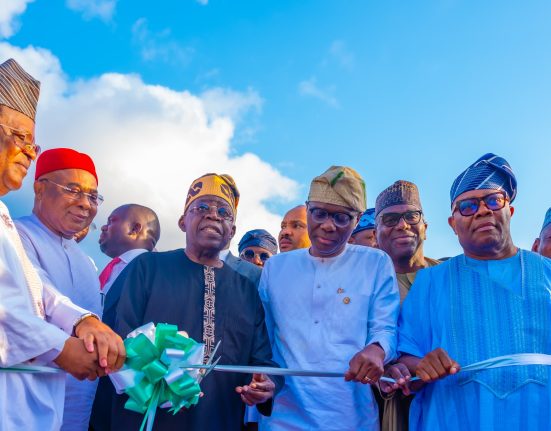Chief Executive Officer of the Nigerian Upstream Petroleum Regulatory Commission (NUPRC), Engr. Gbenga Komolafe, has stated that Africa must attract over $600 billion in annual investments in the upstream oil and gas sector to meet its rapidly expanding energy demands and industrial growth.
Komolafe made this known during the 2025 edition of the Africa Energies Summit held in London, where Nigeria unveiled a portfolio of investment-driven initiatives targeted at boosting exploration and production within its petroleum sector. A copy of his presentation was made available to KIIN360 on Thursday.
According to the NUPRC boss, Nigeria is strategically positioned to harness a significant share of the required capital, owing to its vast hydrocarbon resources, recent regulatory reforms, and transparent licensing processes. He stressed that the country remains committed to sustainable energy growth while maintaining global standards of accountability and innovation.
Citing a 2023 report by the International Energy Forum, Komolafe noted that Africa’s energy demand is projected to grow by 30% by 2040, driven by population growth, industrialisation, and efforts to achieve universal energy access. To meet this demand, the continent would need to mobilise more than $600 billion annually in upstream investments through to 2030.
He said, “This level of investment is not a luxury but a necessity. It is critical for Africa to realise its development goals while advancing a sustainable and inclusive energy transition. The global energy dialogue is gradually acknowledging that any shift toward net-zero emissions must be fair, inclusive, and region-sensitive.”
He pointed out that while the global agenda continues to shift toward decarbonisation, projections from BP’s Energy Outlook 2024 indicate that fossil fuels will still account for over 50% of global energy supply by 2050. This reality, he said, underscores the need for a balanced approach that recognises the unique energy realities of Africa.
Highlighting Nigeria’s reform efforts, Komolafe disclosed that the country has made significant progress in repositioning its upstream sector through various transparent licensing rounds. He cited the 57 Petroleum Prospecting Licences (PPLs) awarded in 2022, as well as the mini-bid round of 2022 and the ongoing 2024 bid round, as milestones that have attracted credible investors and strengthened the investment climate.
“These exercises were conducted with unprecedented openness and competitiveness, which not only drew global investor interest but also demonstrated our commitment to international best practices,” he stated.
He noted that Nigeria’s oil and gas sector has witnessed a steady increase in operational activity, with rig counts rising from just eight in 2021 to 36, and projections to reach 50 before the end of 2025. This, he said, is a testament to investor confidence driven by policy clarity under the Petroleum Industry Act (PIA) of 2021.
With proven reserves of 37.28 billion barrels of crude oil and 210.54 trillion cubic feet of natural gas—the highest in Africa—Komolafe said Nigeria stands out as a leading energy hub on the continent. He emphasised that these achievements were backed by credible technical data and a bold vision to deepen frontier exploration.
He further disclosed that the national oil production target has been set at 3 million barrels per day, and achieving this requires consistent investment in both mature fields and new exploration frontiers. He revealed that the NUPRC has launched one of Africa’s most ambitious seismic data acquisition campaigns, covering over 11,000 square kilometres of 3D data as part of the larger 56,000 sq km Awalé Project.
Komolafe concluded by reaffirming Nigeria’s commitment to striking a strategic balance between energy security, investment attraction, and sustainable development, all while contributing meaningfully to Africa’s broader energy renaissance.







